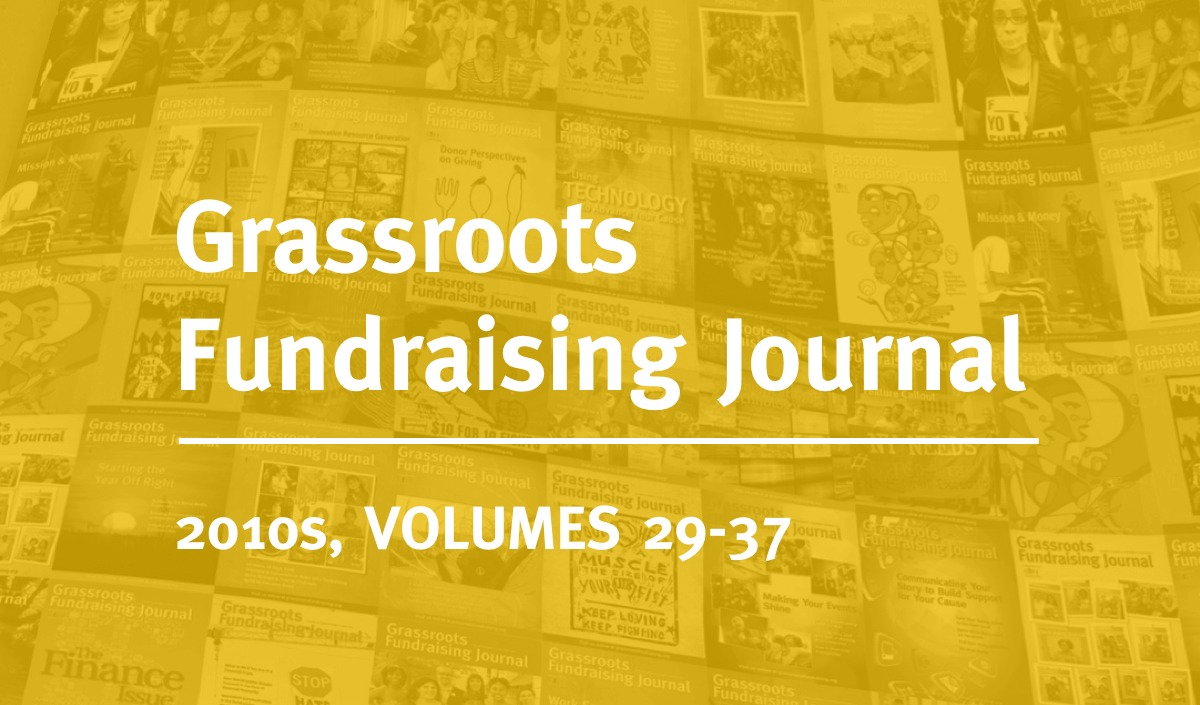At NPQ, respect for our readers’ work, intelligence, and insight is core to all we do. And, indeed, research says that the nonprofit workforce is motivated differently than the other two sectors. So, we thought we would go out and ask them. The result is this special online series that will run every workday for the next month, illuminating what motivates each of twenty profiled workers.
We think much of what they say will resonate with you, but this is also who NPQ serves each day. They are why our work is so important, and NPQ can’t exist without your contributions.

Why NPQ serves Shana proudly
I had been at the Harlem Children’s Zone for seven years, overseeing a variety of programs, when I heard about PACE Center for Girls. I was really drawn to it because I was interested in working with girls more intently and intensely and dealing with some of the unique problems that girls face. I was particularly interested in how to help kids deal with and heal from the traumas in their lives. Working and living in Harlem for as long as I did, what I witnessed up close was children living with trauma on many levels – and trying to get a badly traumatized young person to go to school and study and getting them tutoring and getting them case management and trying to deal with the current crises in their lives is often a serious and ongoing struggle. At the end of the day, to make a permanent sort of transformation in the way that they interact in the world, we and they have to learn how to heal the trauma that they’ve experienced.
Sign up for our free newsletters
Subscribe to NPQ's newsletters to have our top stories delivered directly to your inbox.
By signing up, you agree to our privacy policy and terms of use, and to receive messages from NPQ and our partners.
PACE specifically intervenes to interrupt the pattern of the way that the body and the brain respond to trauma and the impact that that has on our kids, and that is important work. But I also work here because I want to figure out how to make a larger-scale impact. How can we take what is being done successfully and help it spread? That’s part of what we think about here.
The work can feel isolating and hard while you are still trying to figure out what the larger connection is, but I have a strong community of friends and colleagues and other leaders who have, over the years, helped me to stay grounded. They help me stay focused on what I’m trying to do in a way that makes me understand that I’m part of a larger effort that lots of smart people are engaging in. I’m not the first, I’m not the last, I’m not the only.
Why Shana values NPQ
I think that NPQ’s importance is connected to that potential feeling of isolation versus connection that you asked about before, that it is a concrete tool or a way that people working in the field, especially if they’ve just met, can understand and connect to the idea that they’re part of something larger, that it’s not just their role or even their organization but that we are in fact a sector that has been created to try to make society a better place for those who are marginalized or disenfranchised.












